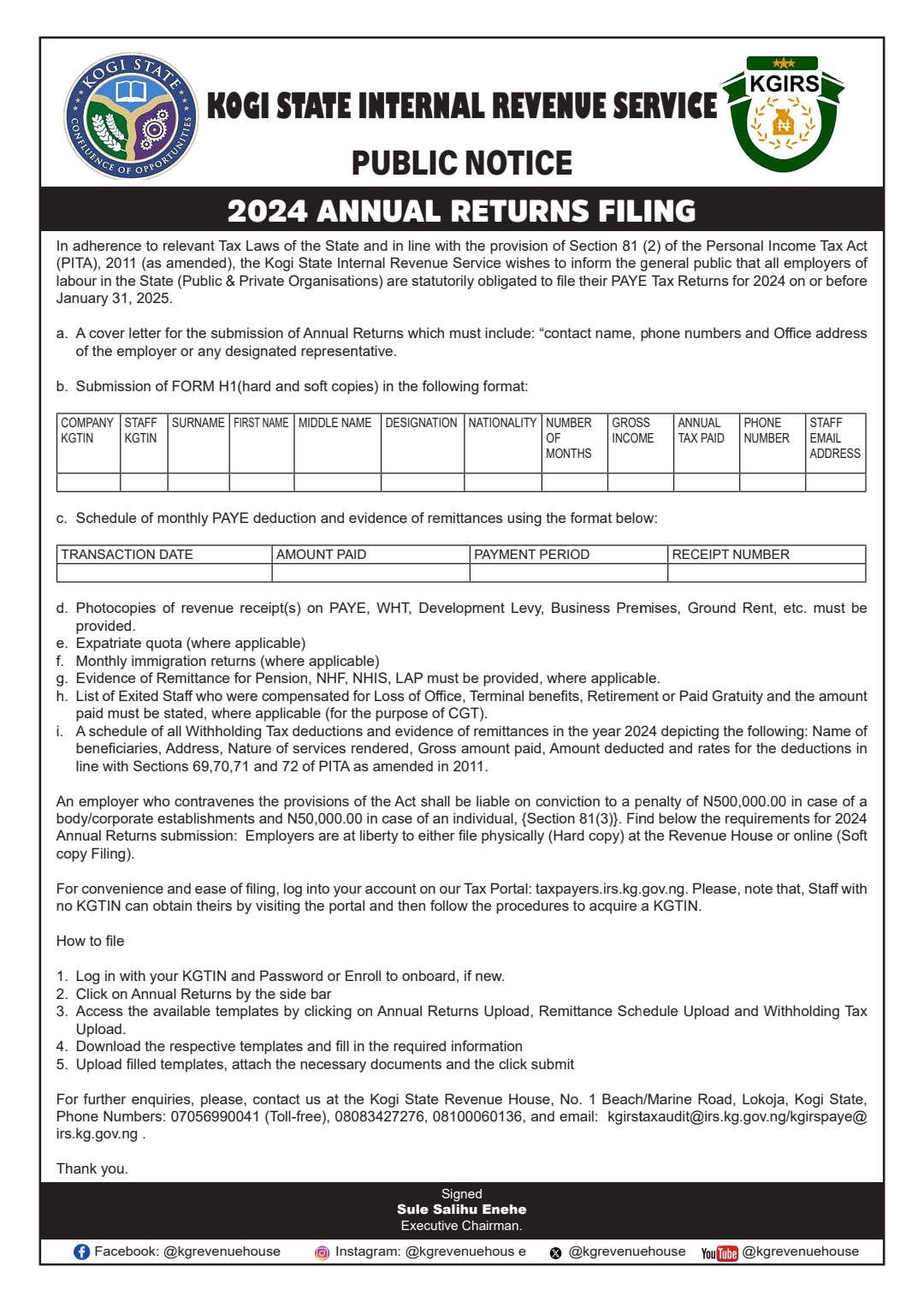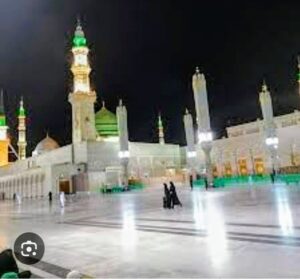

,,,,,A Pilgrim’s experience.
By Dada Ahmed.

(C).Tripal advisor.
Madinah, often referred to as the second holiest city in Islam, is not only a beacon of religious significance but also a treasure trove of historical sites, attracting millions of pilgrims and tourists every year from.all over the world.. For over a millennium, the city has stood as a testament to the Islamic faith, offering visitors a profound experience that goes beyond the ritualistic pilgrimage. Its role in Islamic history, as the resting place of Prophet Muhammad (PBUH), makes it a pivotal destination for Muslims from all corners of the world.
Madinah has been described as a city of legacy and faith.It is the city where Prophet Muhammad (PBUH) made his home after migrating from Makkah..It is also a metropolis that continues to captivate the hearts of pilgrims. Known not only for its sacred importance but also for its tourism potential, the city’s historical sites speak volumes about the early days of Islam and the sacrifices made by its pioneers. In recent years, there has been a noticeable increase in the number of pilgrims who, while fulfilling their religious duties, also take the time to explore these landmarks, deepening their connection to Islam’s rich heritage.
The sacred sites of Madinah are associated with the lives of prominent Islamic figures, and many pilgrims spare time from their religious rituals to visit these places. Some of the most significant sites include Masjid Quba, the first mosque in Islam, just 3 kilometers from Masjid Nabawi, and Masjid Jummah, where the Prophet Muhammad (PBUH) offered the first Friday prayers after his migration. Also notable is Masjid Dhirar, the site of a plot against the early Muslim community by the disbelievers, which the Prophet ordered to be burned down as a symbol of the defeat of falsehood.
Among the other revered places of worship is Masjid Ghamama, where the Prophet (PBUH) offered prayers for rain, and Masjid Abu Bakr, where the first caliph of Islam, Abu Bakr, lived before it was transformed into a mosque. Also significant are Masjid Ali and Masjid Bilal, each holding deep historical importance, including being named after revered figures of Islam such as the fourth caliph and the first muezzin, Bilal.
The attention of pilgrims is also drawn to the Uhud Mountain, the site of the second major battle in Islamic history, where the martyrs of Islam, including Hamza, the beloved uncle of Prophet Muhammad (PBUH), were laid to rest. These sites not only offer a spiritual connection to the past but also teach valuable lessons of perseverance, sacrifice, and faith.
Another significant site is Masjid Qiblatain, the mosque where the Prophet (PBUH) received the divine command to change the direction of prayer (Qibla) from Masjid Al-Aqsa to Masjid Al-Haram in Makkah. The Battle of Trench site is also a poignant reminder of the early struggles of the Muslim community, with several mosques standing as a testament to the perseverance and determination of the believers.
The preservation of these sacred sites has been a priority for the Kingdom of Saudi Arabia. Many pilgrims have expressed their gratitude for the meticulous care given to these historical landmarks, ensuring that future generations can witness and learn from the Islamic legacy.
Alhaji Ajetunmobi Abimbola, a Nigerian pilgrim,who performed 2019 Hajj pilgrimage to Makkah and Madina spoke passionately about the importance of these sites. “The historical sites combine both the theoretical and practical aspects of Islam, providing a deeper understanding of the religion. Visiting these places has transformed my academic understanding of the battles and events of Islam into a vivid, living history,”he said.
Abimbola’s co- pilgrim,Alhaji Mohammed Abdullahi stressed the significance of such preservation efforts and urged the Nigerian government to focus more on safeguarding its own historical landmarks. “The Federal government’s policies on tourism are commendable, but we must do more to showcase our rich heritage to the world. This will not only educate the global community about Islam but also boost tourism, creating economic benefits for our nation,he urged.
As more pilgrims perform yearly pilgrimage to Makkah and Madina, seeking to enrich their spiritual journey with a deeper understanding of Islam, Madinah’s tourism potential grows, offering both spiritual enlightenment and economic benefits.
The city stands as a model for how historical preservation can enhance a region’s cultural and economic development. For pilgrims, Madinah is not only a place of worship but a living museum, where each site tells the story of Islam’s origins and its journey to the present day.
With a growing number of pilgrims visiting Madinah, the city’s role as a spiritual and touristic hub is undeniable.
As far back as 2019 when this author performed holy pilgrimage to Makkah and Madina, the number of Nigerian pilgrims who made their way to Madinah alone reached 20,469, a testament to the city’s enduring significance.
As more Muslim pilgrims journey to Saudi Arabia to explore its historical richness, to fulfill one of the five pillars of Islam, Madina’s potential continues to unfold, offering a pathway for a deeper connection to Islam and a source of pride for the Muslim world.
Therefore,viewed from spiritual journey through time, Madinah, with its profound spiritual heritage and wealth of historical sites, offers a unique experience for pilgrims. It serves as a living testament to the trials, triumphs, and teachings of Islam, and its continued preservation ensures that the lessons of the past will be shared with future generations. For Muslims, Madinah is a city that not only brings one closer to Almighty Allah but also offers an opportunity to walk in the footsteps of history, learning from the great figures who shaped the course of the Islamic faith.
May the journey through Madinah, whether for spiritual reflection or historical discovery, be a path that brings greater understanding, peace, and connection to all who visit.
Ahmed, a member of the 2019 NAHCON Media Team to Saudi Arabia, publishes The Reporters.
ahmeddada008@gmail.com.

